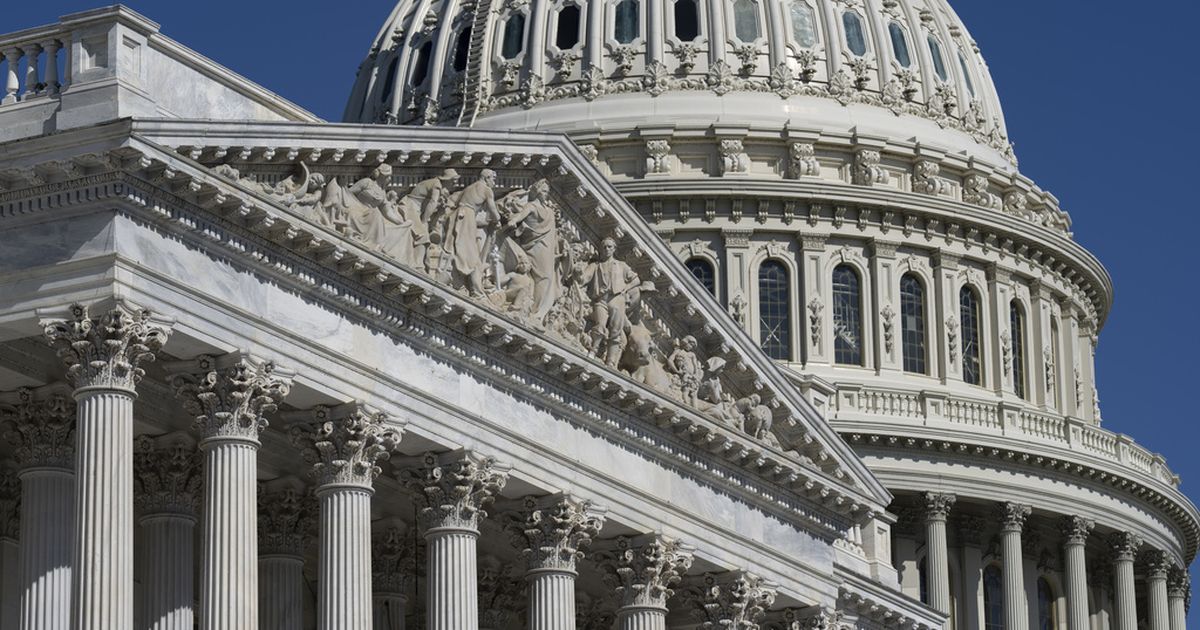At the beginning of the meeting, the president of the commission, Carolina Gaillard (Frente de Todos-Entre Ríos) announced that Stornelli “has not appeared” before the body and reiterated that “if we agree to send him the questions” as requested by the prosecutor “we would be violating the regulation”, specifying that “only the president, vice president and governors are exempt from declaring in writing”.
In responding to the Juntos por el Cambio legislators, who insisted on granting Stornelli’s request to testify in writing, Gaillard reiterated that they will not send the questions to the prosecutor in writing and said that “the purpose of this commission is to carry out this process to clarify the facts. I cannot deviate from the regulation”.
Likewise, the FDT deputy announced that the commission “will notify the Prosecutor (Eduardo) Casal of the absence of Stornelli and will request that he order the corresponding sanction actions” and anticipated: “We are going to leave all the issues that are the reason for debate for the end”, referring to the situation of the prosecutor.
Parliamentary sources do not rule out that the ruling party could promote at the end of the meeting, as Gaillard anticipated, a complaint against Stornelli in the Procuratorate and request that his privileges be removed so that he can be brought by the public force.
Stornelli, requested as a witness, sent a letter in the last few hours to the Attorney General of the Nation -temporarily in charge of Eduardo Casal- in which he stated that he is waiting for the list of questions to be sent to him. The parliamentary commission wished to ask him and he stated that if he had received them he would have answered them the same day, according to what Télam was able to reconstruct.
To sustain the new foul, Stornelli relied on the Criminal Procedure Code and the Public Prosecutor’s Office Law, which exempt prosecutors from the obligation to appear when they are called as witnesses by a court.
Stornelli’s decision opens a new controversy between the Frente de Todos y Juntos por el Cambio -which supports the prosecutor’s position-, since the ruling party warned last week that if it does not appear, it will promote a request for impeachment before the Attorney General General of the Nation to force him to attend to present himself before the commission.
“If he does not appear, we will have to start an impeachment procedure to be able to bring him in by the public force,” Gaillard said at the last meeting of the body, referring to the situation of the prosecutor, who was rejected by the proposal to testify in writing.
Without the presence of the prosecutor, the commission will continue with the testimonies of new guests invited to present before that parliamentary working group, which opened an investigation at the end of January into the actions of the magistrates of the Court Horacio Rosatti (president), Carlos Rosenkrantz, Juan Carlos Maqueda and Ricardo Lorenzetti.
In addition to Stornelli, the lawyers Juan Manuel Olima Espel (Institutional Secretary of the Attorney General of the Nation), Marcelo Mazzeo (lawyer), Sebastián Garay (Secretary of Original Judgments of the Court) and Natalia Hilda Monayer (Member of the President of the Court). Stornelli was the one who, at the last judicial fair, proposed the filing of two almost identical complaints to investigate whether there were crimes in the conversations attributed to Silvio Robles, collaborator of the president of the Court, and Marcelo D’Alessandro, Minister of Security and Justice (in use of license) of the City of Buenos Aires.
The argument put forward by Stornelli to request the file of the complaints (one of them presented by the lawyer Gastón Marano, who had advised Juntos por el Cambio in the bicameral Intelligence Commission) was that the elements cited by the judicial presentations could have been obtained illegally.
Judge Sebastián Ramos has already passed through the commission, who filed the complaint after Stornelli’s request. While the magistrate was testifying, his conversations with D’Alessandro were revealed through a new leak. The notification for Stornelli to appear in Congress reached him on Wednesday, March 1, and there he was quoted the passage of the regulations of the Impeachment Committee in which it is clarified that his attendance “is not optional.”
Based on this regulation, the Public Ministry official cannot take advantage of the exception provided for by the Criminal Procedure Code for magistrates, who are authorized to declare in writing or from their workplaces.
“The magistrates and officials indicated in article 250 of the Criminal Procedure Code, with the exception of the president and vice president of the Nation and the governors and deputy governors of the provinces, will also be obliged to appear before the Commission (for Impeachment) to testify,” supports the regulation that was cited to formulate this call.
The proposition of the ruling party to summon Stornelli again was put to a vote in the commission and approved by 16 votes against 14 of Together for Change (JxC). A possible new absence of the prosecutor before the commission would repeat a practice to which he already resorted when he did not appear at the summons of the then federal judge of Dolores Alejo Ramos Padilla to investigate him in the framework of the so-called “D’Alessio case”.

